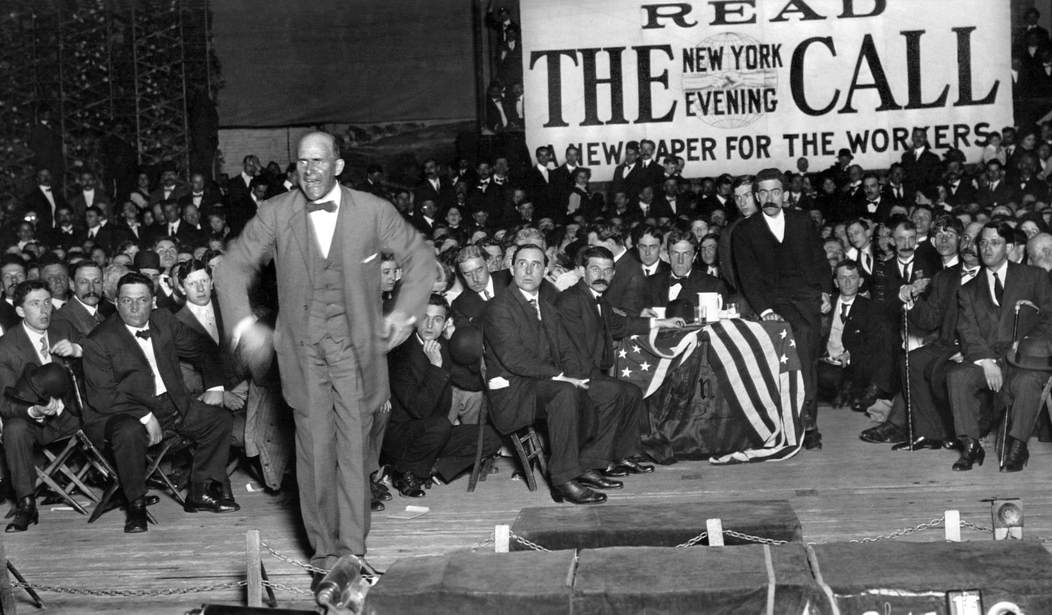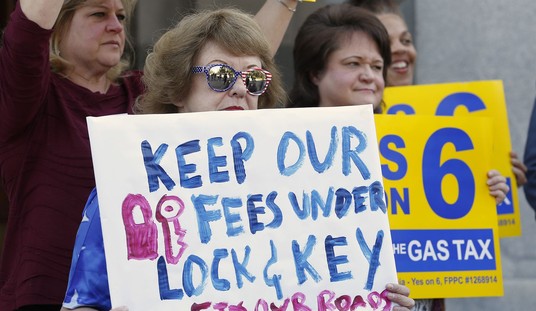There was no question on primary night in Texas last month that Franklin Bynum would win the Democratic nomination to become a criminal court judge in Houston. The 34-year-old defense attorney had no challengers.
But for his supporters who packed into a Mexican restaurant that evening, there was still something impressive to celebrate. Many in the crowd were members of the Democratic Socialists of America, or D.S.A., a group that has experienced an enormous surge of interest since the election of President Trump, even in conservative states. And Mr. Bynum was one of their own — a socialist who, along with at least 16 others, appeared on the ballot in primary races across the state of Texas.
“Yes, I’m running as a socialist,” Mr. Bynum said. “I’m a far-left candidate. What I’m trying to do is be a Democrat who actually stands for something, and tells people, ‘Here’s how we are going to materially improve conditions in your life.’”
Well, they could start by getting a job and doing an honest day’s work for an honest day’s pay. But no… because inequality!
Rather than shy away from being called a socialist, a word conservatives have long wielded as a slur, candidates like Mr. Bynum are embracing the label. He is among dozens of D.S.A. members running in this fall’s midterms for offices across the country at nearly every level. In Hawaii, Kaniela Ing, a state representative, is running for Congress. Gayle McLaughlin, a former mayor of Richmond, Calif., is running to be the state’s lieutenant governor. In Tennessee, Dennis Prater, an adjunct professor at East Tennessee State University, is running to be a county commissioner.
Supporters, many of them millennials, say they are drawn by D.S.A.’s promise to combat income inequality, which they believe is tainting every facet of American life, from the criminal justice system to medical care to politics. They argue that capitalism has let them down, saddling them with student debt, high rent and uncertain job prospects. And they have been frustrated by the Democratic Party, which they say has lost touch with working people.
Before you — not to the mention the New York Times — get too excited, however, let’s take a look at the raw numbers:
Outrage over rising inequality has simmered for years, erupting into the Occupy Wall Street movement and the groundswell of support for Senator Bernie Sanders, a self-described democratic socialist. But it was the election of Mr. Trump that convinced tens of thousands that both parties were broken and that the country was in need of a radical fix.
Since November 2016, D.S.A.’s membership has increased from about 5,000 to 35,000 nationwide. The number of local groups has grown from 40 to 181, including 10 in Texas. Houston’s once-dormant chapter now has nearly 300 members.
“We want to see money stop controlling everything. That includes politics,” said Amy Zachmeyer, 34, a union organizer who helped revive the moribund Houston chapter. “That just resonates with millennials who are making less money than their parents did, are less able to buy a home and drowning in student debt.”
Ms. Zachmeyer, who pays about $1,000 a month in student loans, says that financial burden helped convince her to become a socialist.
Oh, grow up.









Join the conversation as a VIP Member